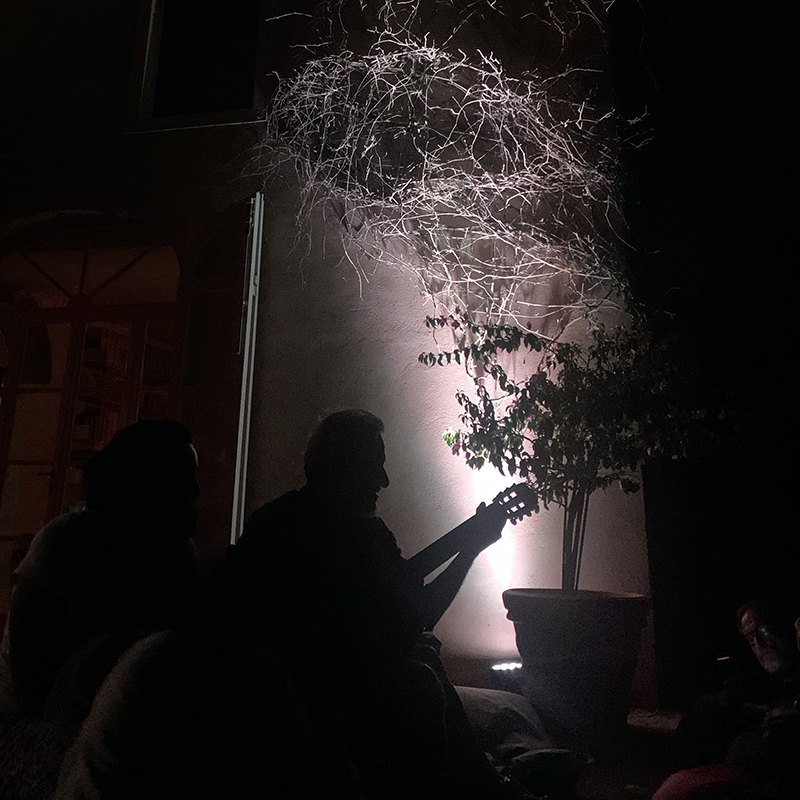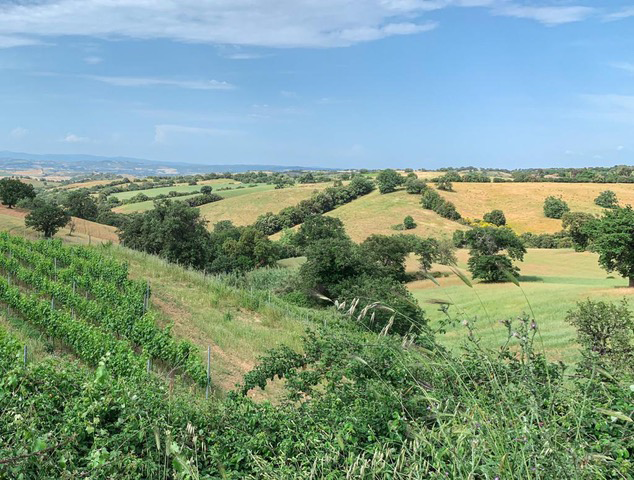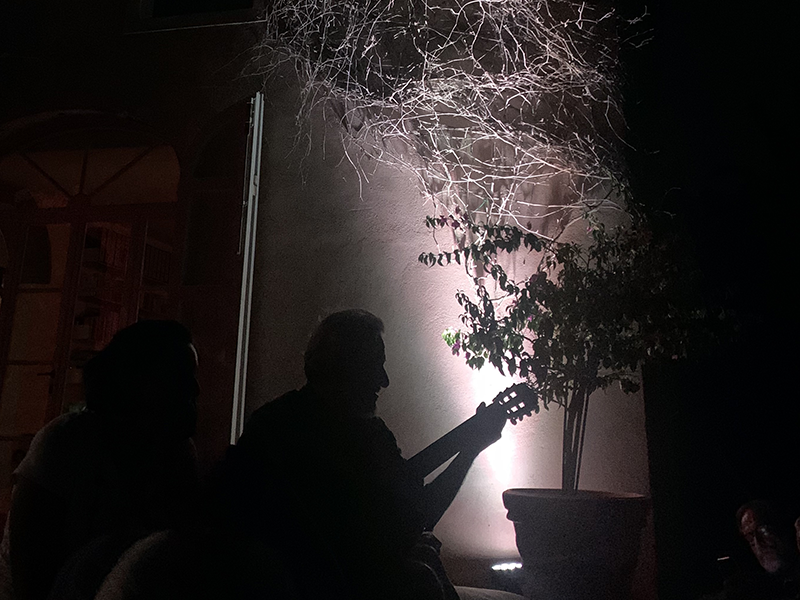ROOTS

Lately I have dedicated myself above all listening to popular music from various regions of the world. The definition that is usually attributed to this musical genre is “world music”, but I believe that this term is too vague: in fact it fails to convey the profound spiritual, evocative and unique character of this music. However, songs that arise from worlds so distant from each other often show impressive similarities and above all an emotional force so powerful as to create, in my opinion, a single musical language shared throughout the world.

This is why today’s playlist is dedicated to popular music from different parts of the world: Italian, Chilean, Brazilian and Argentinian, songs that however seem to speak the same common, profound, emotional and evocative language.
We begin our journey with a song from the Tuscan popular tradition of the Maremma territory, here performed by the wonderful Ginevra Di Marco in the album Donna Ginevra from 2009: a song that conveys all the fatigue and difficulties of peasant life in the Tuscan Maremma in the 19th century, a swampy and unhealthy region where living conditions were truly exhausting.

From Tuscany we then move to Brazil with Fato Consumado, a cheerful and “light” song by the Brazilian singer, guitarist and composer Djavan. In his songs we can hear colours, shades and influences of different musical cultures: in addition to his city of origin Maceiò, in the north-east of Brazil, we hear the influence of African music (passed on by his mother), American (with typical jazz harmonies) and European (Djavan often says that he loved the Beatles as a young man).
We pass through the wonderful and intense apulian love serenade Bella ci dormi, still sung every now and then the night before weddings and we arrive to another song from the Tuscan tradition La malcontenta, here performed again by the singer Ginevra Di Marco.

Hidden by the cheerful and carefree sounds of the melody and rhythm, we actually find a text strongly denouncing the very difficult situation of women in the peasant world of the late nineteenth century, who found themselves having to resist domestic violence, poverty and the tiring condition of wives and mothers relegated at home alone.
We now move to England with the beautiful song The snow it melts the soonest, a song from the English popular tradition dating back to around 1821 and here performed by the great Sting, who creates an evocative and exciting atmosphere worthy of such a “naturalistic” and intimate song.
The Chilean song Vuela Golondrina, here performed by the male choir Rojo, also takes up the intimate and evocative atmosphere of the previous song: here too we discover a poetic text full of images strongly inspired by the world of nature (“golondrina” after all means ” swallow” in Spanish).

Passing through the wonderful song Creuza de Mà in Genoese dialect by Fabrizio De Andrè taken from the 1984 album of the same name (which I highly recommend to listen), we arrive at the song Todo Cambia. Text and music were written by the Chilean composer Julio Numhauser in 1982 at the height of the Pinochet dictatorship. But its resonance was such that this song was made famous by the Argentine singer Mercedes Sosa, who here interprets it with such passion and feeling as to fully convey to us the pain of forced exile from one’s homeland and the hope of a change because precisely “everything changes” sooner or later.

Let’s now listen to the beautiful Sorella mia, a song by Sergio Cammariere here together with Alex Britti: a song not exactly “popular” as we have understood it so far, but rich in musical influences from different languages of the world.
It’s the turn of another beautiful, evocative and suggestive song, but this time in Hebrew: Desert Winds by singer, percussionist and songwriter Liron Meyhuas. Even in this version we hear many different cultural influences since this artist lived in different countries: originally from Jerusalem she studied percussion in Africa, Egypt and jazz music in Italy. In fact, it was at the Synagogue of Florence that I was able to get to know her music.
Finally passing through the famous french song Sympatique by the Pink Martini orchestra, in which the protagonist “doesn’t want to work”, we arrive at the last song of our playlist: the roman love lullaby Nina si voi dormite here in Tosca’s beautiful interpretation, but made famous by Gigi Proietti’s version.
And with this last sweet song I leave you, hoping to have facilitated the listening of some songs that are not easy to find played on the radio or television, since they are jewels rich in evocative and emotional power and so imbued with different musical languages that they must be listened to with all the necessary attention.


Our passionate expert for the
MUSIC section!




